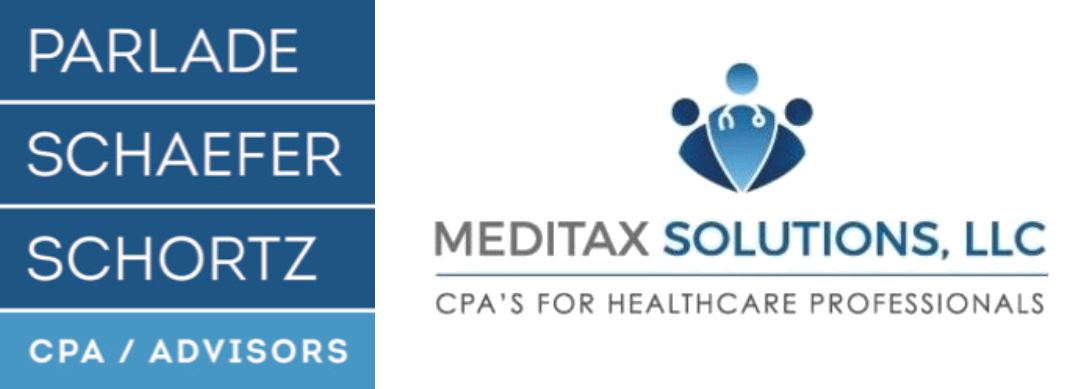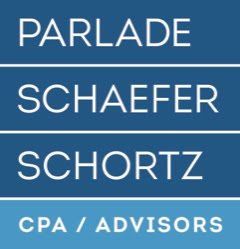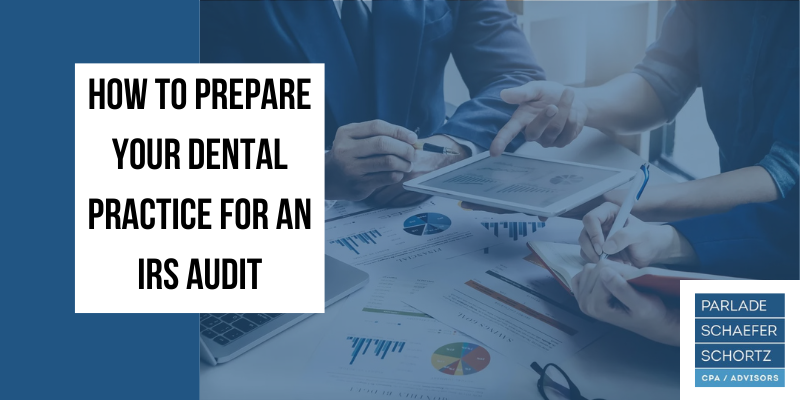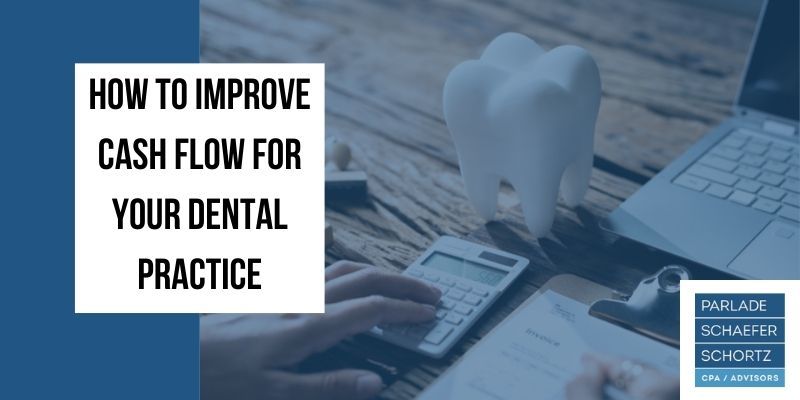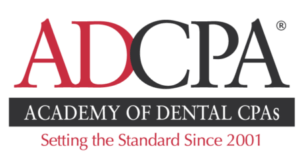Rent or Buy: Options for Your Dental Practice
“Should I lease or purchase my practice location?”
This is a big question for many dentists. Advantages and disadvantages attach to each option, and the
best decision rests on a number of factors.
Here are a few questions that can start the process of selecting the right course:
How old is your dental practice? If you are just starting out, leasing might be the right option for now.
You can concentrate on getting established in the community and with your patients while retaining
some flexibility in terms of location. If, on the other hand, your practice is established and you want a
more permanent solution, purchasing a commercial property can give you a level of security that you
can’t get as a tenant.
Are you equipped to be a facility manager and/or landlord? Owning your own property can be a
financial benefit in terms of tax advantages and property appreciation. However, it also means that you
are responsible for all facility upkeep and associated costs. If you purchase a larger space than you need,
you can rent part of it to one or more businesses and generate an additional revenue stream, but this
also means you will need to deal with leases and tenants along with the upkeep of the entire space.
What are the fully loaded costs for each option? The cost for your practice location is likely more than
just the amount on the lease or the loan document. Are there additional terms in the lease that affect
your monthly payment?
Alternatively, if you purchase your dental practice location, how much will
property tax, maintenance expenses, and building insurance fees add to your annual cost of ownership?
Calculating the actual cost of each option can be very helpful in your making your final decision.
While considering these questions is a good start, there are other important topics to explore. Your best
decision-making strategy is to consult a CPA who specializes in advising dental practices. You can discuss
all the pros and cons for your current situation as well as future scenarios and make a comprehensive
assessment to determine your best way forward.

